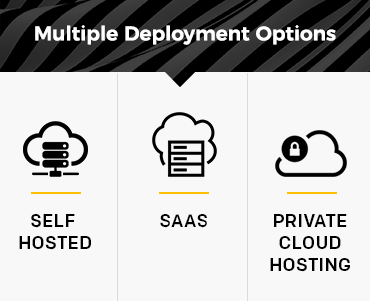Once and for All: Five Straightforward Differences between Construction Loans and Mortgages
Posted on February 4, 2020
As a mortgage company, you may have struggled to explain to various clients what the exact differences are between construction loans and mortgages. At Fund Control we have pulled together five straightforward differences between the two. Feel free to share with clients or interested parties and contact us at 800-625-5972 with any questions about our software’s many features.
- Time Frame
- Early Repayment Penalties
- Construction Loans Only Require Interest on the Amount of the Loan Used While Construction Was Happening
- Construction Loans Provide Upfront Funds to Buy Land
- Remaining Costs of Construction Can Involve a Mortgage
A construction loan is generally a short-term loan. At most, it will last a year and only extends to the completion of construction. On the other hand, a mortgage can vary in length but is generally at least five years and most often is set for 30 years.
For the most part, a construction loan does not include penalties for early repayment. On the other hand, a mortgage may. Each mortgage lender has its own specific rules. Any early repayment penalties should be clearly laid out before the mortgage is signed.
A mortgage charges the borrower on the entirety of the loan. Construction loans, on the other hand, only charge interest on the amount of the loan that is actually used during construction. For example, if a company is approved for $1.5 million and only uses $1.34 million then they will only pay interest on the $1.34 they actually borrowed.
Though every lender is different, generally speaking, a mortgage cannot be used to buy land. However, a construction loan often does. It provides the borrower with money upfront to buy the land that they are going to be building the home or homes on.
If a contractor is building a home and sells it before 100% of construction is complete, and the homeowner wants to complete it themselves, they can do so by getting an additional mortgage on the loan. However, that mortgage term is going to vary via the lender. Generally speaking, you can expect it to be between ten years to 30 years. Interest rates and monthly payments will vary based on the specifics of the loan, the creditworthiness of the borrower, and other factors.
We Are Here to Help with Construction Lending Software
The fact of the matter is that at Fund Control, we specialize in finding the best way to get our clients the help they need – it is that simple. Our latest software is the best we have created and offers a wide range of options for you. Call us now at 800-625-5972 to request a customized demo and to learn more.



